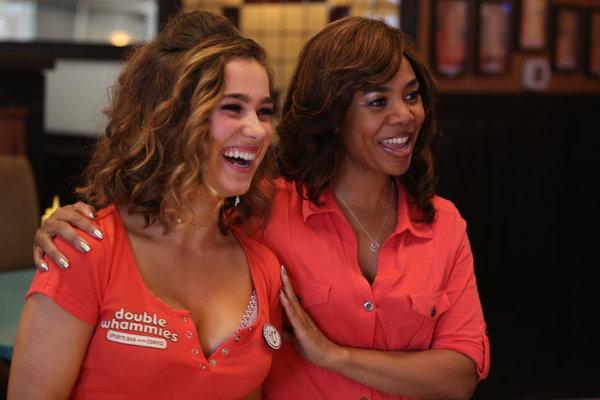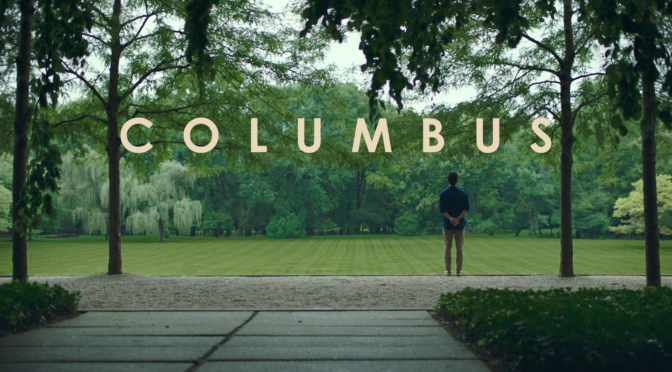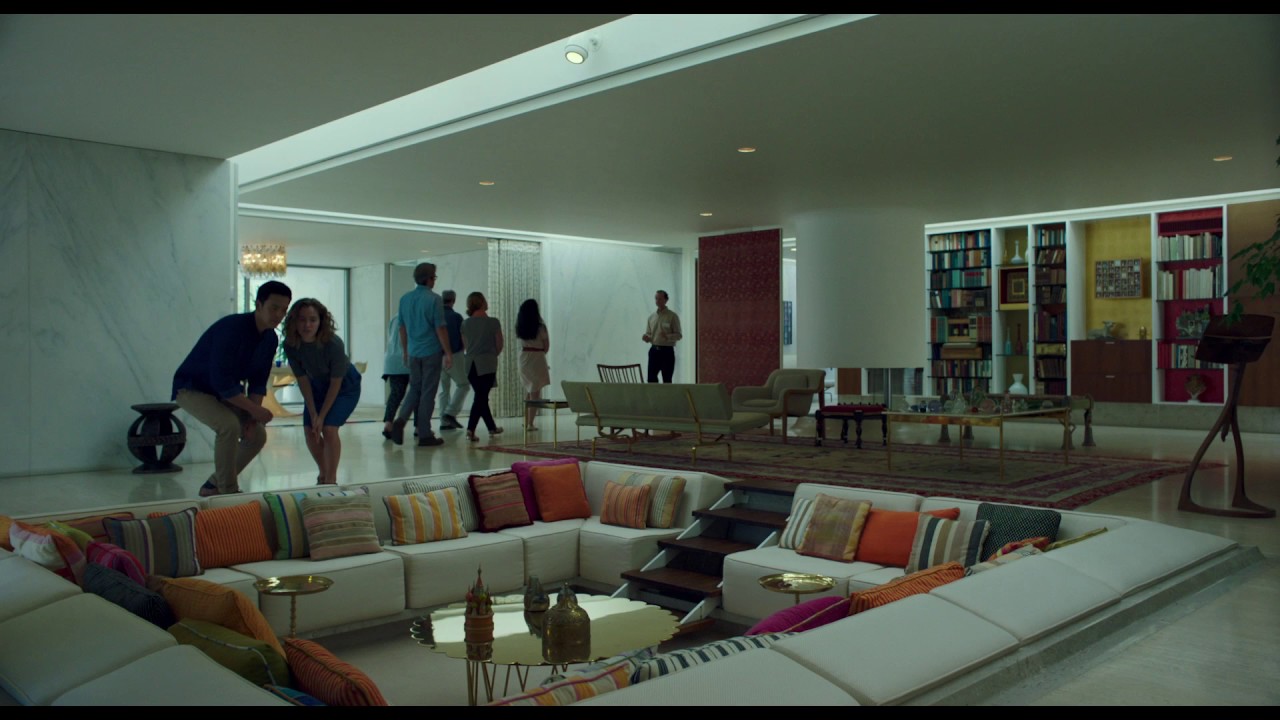A Hooters-esque sports bar somewhere in Texas is an unusual setting for a film, but that’s to be expected from director Andrew Bujalski. His 2013 film Computer Chess followed attendees at a programming conference in 1980 and was shot entirely with cameras from the era in black and white so, comparatively, Support the Girls is significantly more accessible. Regina Hall (Girls Trip) plays Lisa, the general manager in charge of a lineup of young women while dealing with a host of her own issues. As one of the creators of the mumblecore film movement, Bujalski continues his interest in sympathetic looks into the lives of ordinary people filled with scripted dialogue so natural that it sometimes feels improvised.
Bujalski’s eccentric characters are brought to life by a wonderful cast. At the center of the film, Hall plays Lisa as the den mother of her bar. She refers to each of the young women as her family and acts on those words as she goes far beyond her manager-employee relationship to help them in their personal lives. She does this to her own detriment when the bar’s owner tries to enforce business-only behaviors. Her altruism and self-sacrifice, even as she deals with personal problems, is impossible not to love. Hall’s performance is warm, sensitive, and gentle as she drives home Lisa’s overwhelming compassion for others. Haley Lu Richardson (Columbus) also deserves praise for her work as Maci, Lisa’s top employee. Her Maci is perky beyond belief but without becoming annoying. As a character says, she’s “an angel sent from Heaven to show the rest of us what a good attitude looks like”. Her genuine enthusiasm and “can do” mindset is infectious and the connection between her, Lisa, and the rest of the staff is irresistible.

At times the film feels like it may have been better suited to the small screen and that’s not a knock against the movie. Bujalski’s affectionate direction is strong but his characters and setting are so well drawn that it’s a shame we only get to spend 90 minutes with them. People normally talk about world building when it comes to sci-fi and fantasy movies, but this film is a great example for others to follow. Bujalski constantly includes subtle hints about other crises going on in the lives of the characters. Lisa’s relationship with her husband, Maci’s new boyfriend, and the plethora of other subplots at the fringes of this slice-of-life story would be perfect material for seasons of a television show. Bujalski has created an honest, recognizable world filled with relatable characters, each with their own stories waiting to be told. It’s a testament to the film’s quality that its biggest flaw is that we’re left wishing we could have spent more time with its loveable characters.

4/5 stars.



